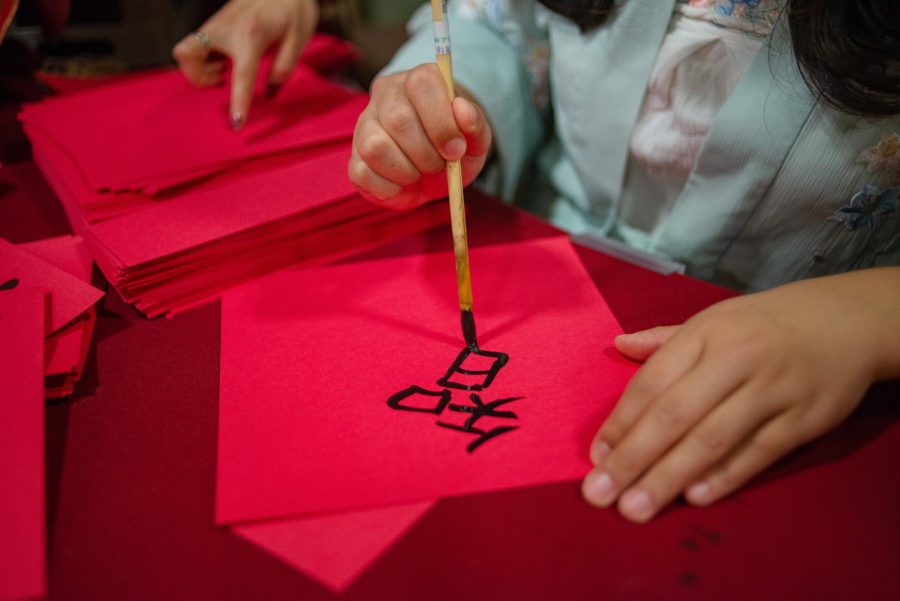After a weekend of celebrations around the world for the Lunar New Year, the University of Massachusetts will host its own event in its dining commons from 5 p.m. to 9 p.m. on Monday, Jan. 27.
The Lunar New Year represents the start of a new year in many Asian countries, including China, based on the occurrence of the first moon cycle. Promotions for the UMass event noted that 2020 is the year of the rat, which is the first of a 12-year repeating cycle based on the Chinese zodiac. The UMass event plans to incorporate several traditions of the New Year, including a “Lion Dance,” “Lucky Money” and dancers and singers from the UMass Chinese Cultural Association.
“It’s always a pleasure to showcase Chinese culture to other communities,” junior music major Rongbing Shen said, thanking dining services for including the group in the event.
The Association will bring two performances to the Lunar New Year event, one instrumental and the other vocal. While dancers will be included on Monday night, the group typically holds larger dancing performances elsewhere on campus or in local churches and schools. Xinran Liu, who studied traditional Chinese dance for more than 10 years, said the group values bringing a great performance.
“Our goal is to spread Chinese culture,” Liu, an art and sports management major, said. “We are like a bridge from two cultures.”
Both members emphasized the importance of the Lunar New Year in Chinese and other Asian cultures. Shen said that it’s the “biggest family reunion” of the year and many traditions are associated with the time leading up to the New Year, including foods, exchanging red envelopes and Lunar New Year shows.
“During Lunar New Year, we also want to create an atmosphere for [students who celebrate], make it feel like home,” Liu said, comparing the Lunar New Year to Christmas in terms of cultural importance. While students aren’t necessarily able to return home for the celebration due to schoolwork, they are able to visit the dining commons, Liu noted.
By holding events in the dining commons, UMass can provide students who celebrate the Lunar New Year a chance to feel more at home, Liu explained. She added the event teaches all students more about another culture.
During the fall semester, the Association participated in the Mid-Autumn Festival event hosted by the dining commons. Shen explained the group hosts several events throughout the academic year including a large fall festival and art, music and dance performances at local churches and schools.
“We are also outreach for the community as well,” Shen said, describing the group as a “platform” for students interested in Chinese culture.
While the event has been celebrated for several years in the dining commons, it was originally called the “Chinese New Year” at UMass. In 2018, the Student Government Association endorsed a letter to University officials which took issue with the title, noting that Lunar New Year celebrations “happen in many East Asian countries,” including Cambodia, Korea, Mongolia, Nepal, Thailand, Tibet and Vietnam.
Shen noted that it occasionally feels like the dining commons combine different cultures in their dishes or decorations, but recognized the importance of the Lunar New Year in many countries.
“[It’s] not just China celebrated Lunar New Year,” Shen pointed out. “We might be the biggest country to celebrate it, but other people,” she listed several countries, “also celebrate it.”
Kathrine Esten can be reached at [email protected] and followed on Twitter at @KathrineEsten.




















